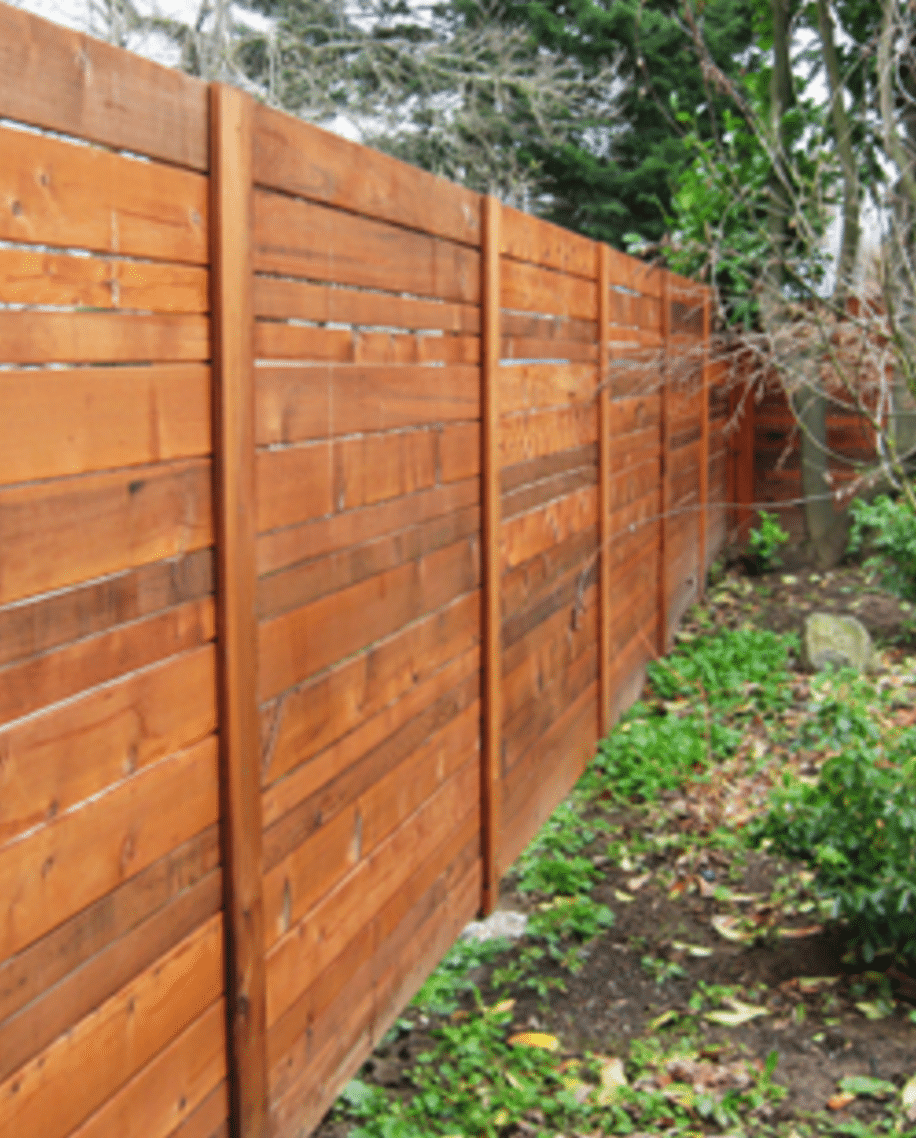All Categories
Featured

When mounting a fencing, selecting the appropriate material is crucial to balancing performance, looks, and budget. Timber, vinyl, and aluminum are amongst the most generally selected fence materials, each with its staminas and downsides. This overview checks out the pros and disadvantages of these choices to aid you make an informed decision.

Wood Secure Fencing. Pros:. Natural Appeal: Timber's ageless appeal can improve any type of building with its warm and classic appearance. Personalized: You can paint, discolor, or carve wood to fit your style preferences. Cost effective: Timber secure fencing is originally much more budget-friendly compared to some various other materials. Environmentally Friendly: As a renewable energy, wood is naturally degradable and often considered green. Cons:. Maintenance-Intensive: Normal securing, paint, or discoloration is required to prevent damage from climate and bugs. Prone to Decay: Without proper care, wood can rot, warp, or crack with time. Shorter Lifespan: Generally, timber fences last 10-15 years, depending on the kind of wood and maintenance. Wood is a wonderful alternative for those that value aesthetics and are willing to buy regular maintenance to maintain its appearance and resilience.
Vinyl Secure Fencing. Pros:. Reduced Maintenance: Plastic needs marginal treatment-- simply periodic cleaning with soap and water. Climate Resistant: It doesn't warp, rot, or surrender to insect damages, making it very resilient in numerous environments. Longevity: Plastic fencings can last 20-30 years with little to no repair work. Layout Selection: Available in a variety of designs, shades, and appearances, including wood-like appearances. Disadvantages:. Higher Initial Cost: Vinyl fences are a lot more pricey upfront contrasted to timber. Vulnerability to Cold: In exceptionally cool weather condition, vinyl can end up being prone and fragile to breaking. Limited Repair Service Options: Matching substitute panels can be challenging if damages takes place. Vinyl secure fencing is ideal for homeowners seeking a long-lasting, low-maintenance solution that provides contemporary versatility.

Light Weight Aluminum Fence. Pros:. Rust-Proof: Aluminum withstands deterioration, making it an outstanding choice for wet or moist atmospheres. Sturdy: In spite of being light-weight, light weight aluminum is solid and can stand up to severe climate conditions. Low Upkeep: It needs minimal maintenance, commonly only occasional cleansing. Long Lifespan: Aluminum fencings can last years without considerable degeneration. Elegant Design: Usually utilized for ornamental purposes, light weight aluminum secure fencing adds a sleek, innovative aim to homes. Disadvantages:. High Initial Investment: Aluminum fencings are amongst the costlier choices on the marketplace. Less Personal privacy: The open styles common with aluminum fence don't supply much privacy. Susceptible to Damages: While sturdy, aluminum can dent if struck with adequate pressure. Light weight aluminum is an excellent selection for property owners focusing on appearances and resilience without requiring much upkeep.
Making Your Choice. When making a decision between vinyl, timber, or light weight aluminum fence, consider your priorities:
Wood suits those who value a natural look and don't mind placing in upkeep effort. Vinyl is the most effective alternative for those seeking a low-maintenance, weather-resistant option. Aluminum offers sleek design and resilient durability yet might lack privacy. By carefully examining these materials' features, you can choose a fence that complements your residential property while fulfilling your aesthetic and practical requirements.
Latest Posts
Discover WyHy Federal Credit Union – Exclusive Benefits for Your Financial Success
Published May 28, 25
1 min read
Why Routine Vehicle Maintenance at Montclare Auto Repair Keeps Your Wallet Happy
Published May 26, 25
1 min read
Seamless Aluminum Rain Gutters: The Smart Selection for Your Home
Published May 24, 25
1 min read
More
Latest Posts
Discover WyHy Federal Credit Union – Exclusive Benefits for Your Financial Success
Published May 28, 25
1 min read
Why Routine Vehicle Maintenance at Montclare Auto Repair Keeps Your Wallet Happy
Published May 26, 25
1 min read
Seamless Aluminum Rain Gutters: The Smart Selection for Your Home
Published May 24, 25
1 min read